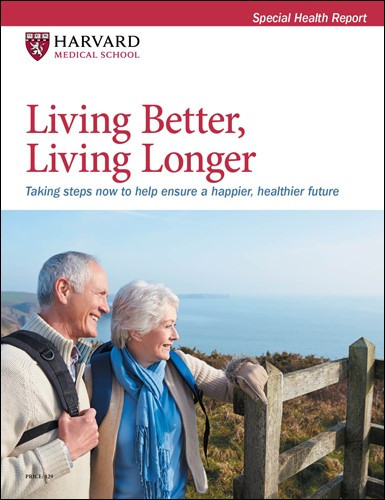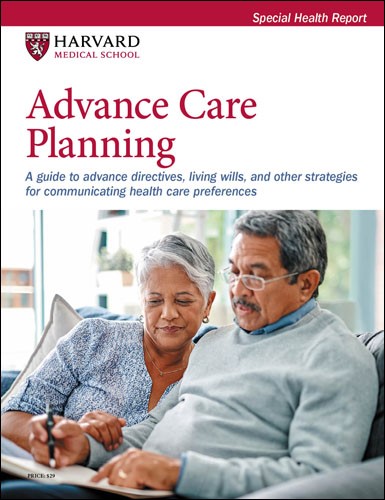A goal to keep you motivated: Boosting energy
It may sound strange, but in order to get more energy, you have to do the very thing you don’t feel you have enough energy to do: exercise. Regular exercise helps in several ways. For one thing, it almost guarantees that you will sleep more soundly.Exercise also increases the body’s fuel-making capacity. When you use your muscles, more energy-producing mitochondria form in your muscle cells. In addition, exercise creates more capillaries, the tiny blood vessels that ferry oxygen to your cells. And by making you breathe deeply and increasing your heart rate, it gets more oxygen circulating. Finally, when you work out, your body releases the hormones epinephrine and norepinephrine. In large amounts, these hormones cause the energy-draining fight-or-flight response, but in the modest amounts induced by exercise, they make you feel energized.
Studies have demonstrated that exercise can reduce fatigue even in people who have serious diseases. A review of 36 studies on fatigue in people with chronic autoimmune conditions found that 30 to 60 minutes of aerobic exercise three times a week, for at least three months, significantly reduced fatigue in people with chronic diseases such as multiple sclerosis, lupus, and rheumatoid arthritis. Another review, of 19 studies involving people ages 65 and older, found that physical activity eased cancer-related fatigue.













